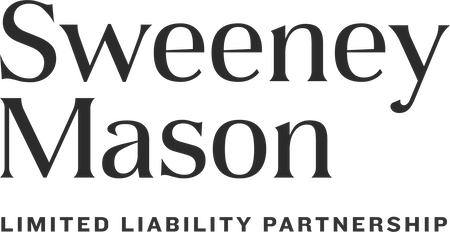Give ’em a Break: Why Employers Must Reassess Meal and Rest Period Policies Following Murphy v. Kenneth Cole
By Roger M. Mason, Esq. & Christopher J. Olson, Esq.
The California Labor Code provides that all employers, no matter how small, must provide unpaid meal periods and paid rest breaks in accordance with the applicable Industrial Welfare Commission Wage Order. Under Industrial Welfare Commission Wage Order No. 4-2001, an employee must receive one thirty (30) minute meal break for lunch if their work period is more than five hours, and one ten (10) minute rest break per four hours of work.
Labor Code §226.7 states that an employer may not require an employee to work during a meal or rest period. In the event that an employee works through a meal period, this time will be considered an “on duty” period and counted as time worked. An “on duty” meal period is only permissible when the nature of the work prevents an employee from being relieved of all duties and both the employer and employee agree to an “on duty” meal period in writing.
Moreover, Labor Code §226.7 provides that an employee is entitled to one additional hour of pay for each violation of the Industrial Welfare Commission Wage Order, i.e., each day when a rest or meal period is not provided.
The Division of Labor Standards Enforcement has recognized a critical distinction between an employer’s duties with respect to meal and rest periods. An employer has an affirmative responsibility to ensure that workers are actually relieved of all duties, are not performing work, and are free to leave the employer’s premises during their meal period. On the other hand, an employer will not incur liability under Labor Code §226.7 as long as it authorizes and permits its employees to take a rest break, regardless of whether they actually do so.
Unpaid meal and rest periods have become the subject of numerous lawsuits, including large class actions. Due to the severe punishment for these violations, these lawsuits can mean huge financial losses for employers.
A key way the legislature limits the potentially unmitigated costs defendants can face in litigation is by enacting a statute of limitation for a particular cause of action (legal claim). Statutes of limitation bar claimants from filing a lawsuit after a certain period of time has passed since the alleged wrongful conduct. For example, the statute of limitations for breach of a written contract is four (4) years. Thus, a plaintiff must file a lawsuit within four years of the date of the breach; otherwise the action is time-barred.
Labor Code violations are often ongoing. In these cases, the fact that a plaintiff filed a lawsuit within the applicable statute of limitations does not open the door for the plaintiff to allege violations for an unlimited period of time. The applicable statute of limitations will limit a plaintiff’s allegations to a certain time period. For example, the statute of limitations for failure to pay overtime wages is three (3) years. If a plaintiff filed a lawsuit against his employer for failure to pay overtime wages in April 2007, he or she could only recover for unpaid overtime from April 2004 to present, regardless of how far back the overtime violations go.
Allegations of failure to provide meal and rest periods are another example of potentially ongoing violations that are limited by a statute of limitations. Prior to the California Supreme Court’s decision in Murphy v. Kenneth Cole, 40 Cal. 4th 1094 (2007), courts and attorneys alike interpreted the remedy for violations of Labor Code §226.7 to be a penalty subject to a one-year statute of limitations (C.C.P. §340). However, inMurphy v. Kenneth Cole, decided on April 16, 2007, the Court ruled that the “additional hour of pay” constituted a wage or premium pay, subject to the three-year statute of limitations that covers payment of wages (CCP §338).
The Court further held that those wage claims can be brought for the first time at trial, even if they had not been raised before the Labor Commissioner.
Suffice it to say, the additional two years now applicable under the wage and premium pay statute of limitations provided for in Murphy v. Kenneth Cole will significantly increase damages available to plaintiffs who bring claims of meal and rest period violations and will severely impact settlement negotiations.Now is the time to review your policy on meal and rest breaks and take preventative measures to ensure compliance with the Labor Code and avoid costly litigation down the road.

